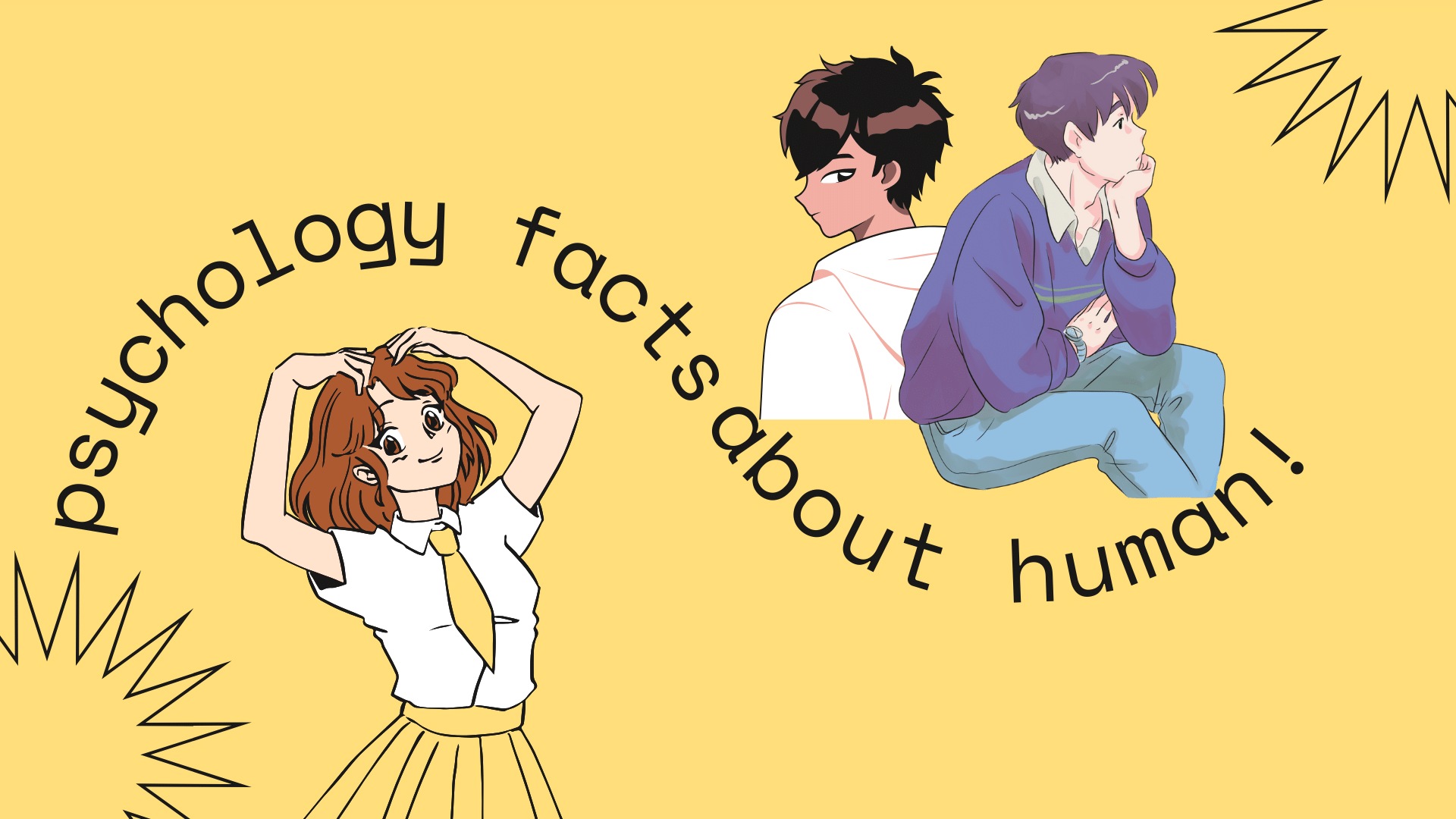Introduction:
Welcome to an eye-opening exploration into the fascinating realm of human behavior! In this journey of discovery, we delve into the intriguing world of “psychology facts about human behavior.” Prepare to unravel the mysteries of our actions and gain valuable insights into the workings of the mind.
Memorable Moments from Early Adulthood:
The period of our early 20s often leaves a lasting impression on us. This phenomenon, known as the reminiscence bump, occurs because this time in our lives is usually filled with emotional intensity and significant life changes.
Solving Problems by Stepping Back:
When we face problems, taking an outsider’s perspective can often lead to better solutions. This approach, known as Solomon’s paradox, allows us to apply more logical thinking to our own issues, similar to how we would approach someone else’s problems.
Not Knowing You Don’t Know:
The Dunning-Kruger effect describes a situation where individuals lack awareness of their own incompetence. They overestimate their abilities due to their failure to recognize their own lack of knowledge.
Aggressive People and Aggressive Dogs:
Research suggests that people with aggressive tendencies often own aggressive dogs. This could be because these individuals are drawn to dog breeds that reflect their own personalities or suit their living conditions.
Daydreaming Is a Good Thing:
Contrary to common belief, daydreaming can be a sign of intelligence and creativity. Studies have found that frequent daydreamers often perform better on IQ tests and their brains tend to work more efficiently.
Ouch! Rejection Really Hurts:
Experiencing rejection can cause not only emotional distress but also physical pain. This is because the same areas of the brain are activated during instances of rejection and physical pain.
Speaking Another Language Changes Your Choices:
Using a foreign language can influence your decision-making process, making it more logical. This could be because the brain has to work harder, leading to more thorough thinking.
Blaming Others, But Not Ourselves:
The fundamental attribution error describes our tendency to blame others for their actions while excusing our own behavior due to circumstances. For instance, we might criticize someone for cutting us off in traffic, but justify our own similar actions.
Thinking Ads Don’t Affect You:
Many of us believe that we are less susceptible to the influence of advertisements compared to others. We often observe the impact of ads on our friends but assume that we are immune to such effects.
Dopamine Makes You a Social Media Scroller:
The endless scrolling on social media platforms can be attributed to dopamine. This neurotransmitter stimulates our desire for information, keeping us hooked on these platforms.
Helping Others for a Longer Life:
Volunteering benefits not only those we help but also ourselves. It can improve our mood, contribute to our health, and may even extend our lifespan.
Conclusion:
As we conclude our exploration of psychology facts about human behavior, we’ve journeyed through the intricacies that shape how we think and act. These insights not only enhance our understanding of ourselves but also pave the way for a deeper comprehension of the diverse tapestry of human behavior. Stay curious, and let the journey into the psychology of our actions continue!



